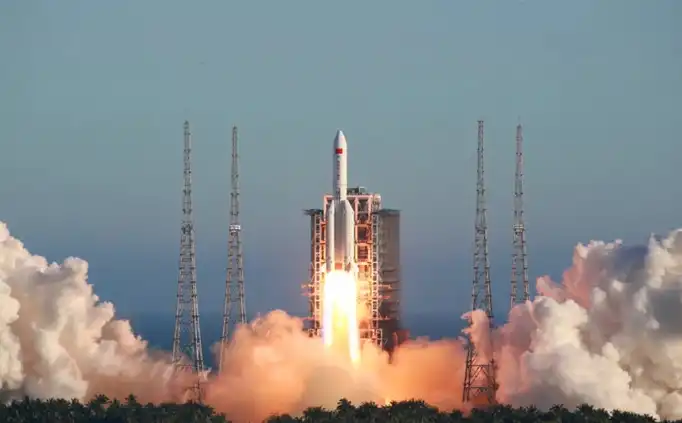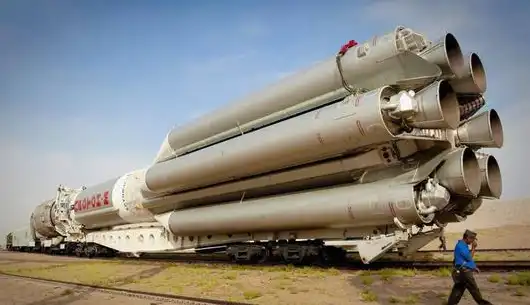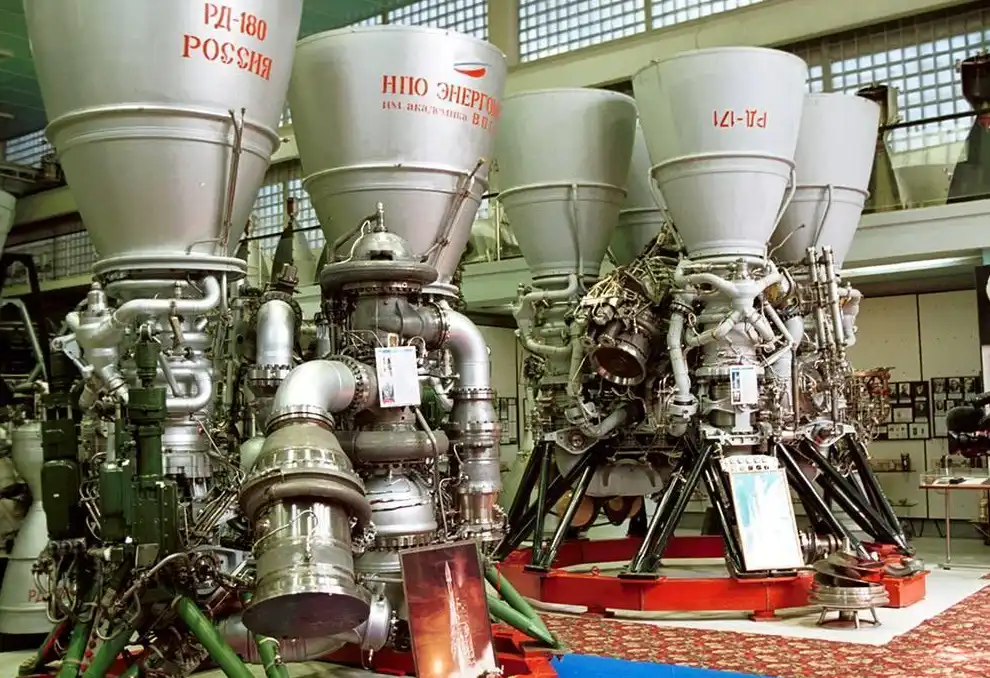Putin is willing to "pass on" precious technology, and China and Russia space forces join forces
Aerospace, as a pioneering field in human space exploration and the expansion of civilization's frontiers, has always been an important arena for nations to demonstrate their technological prowess.
In recent years, with the brilliant achievements of space projects such as Chang'e-5 and Tianwen-1, China's space industry is making solid progress and advancing towards the ranks of the world's space powers.
In this intense space race, Russia, an old world power in space, is remarkable in its attitude and trend.

Russia is well-known to have both a deep heritage and strong technical capabilities in the field of astronautics.
Russia is the world leader in high-thrust rocket engine technology, and even the United States, with its strong technological prowess, has to admit defeat and has long relied on importing rocket engines from Russia.
With the complex and volatile international political and economic situations, Russia's development in the aerospace field is also facing unprecedented challenges.
President Putin's recent statement has undoubtedly injected new momentum into Sino-Russian space cooperation. He indicated that he is willing to strengthen cooperation with China in the field of engines,
It not only further deepens the strategic cooperative partnership between China and Russia, but also profoundly understands the current international space pattern.
After all, with China's emergence in the field of aerospace, especially the successful development of 5,000-ton large thrust rockets, China's demand for rocket engines will gradually reduce its dependence on Russia.
President Putin's move shows a precise grasp of the major trend in future space development.

"To be good at something, you must first sharpen your tools." A rocket engine, as the "heart" of a spacecraft, its performance is directly related to the success or failure of the space mission.
Russia’s leading position in rocket engine technology is the valuable capital it built up in space technology over the years.
In the face of economic sanctions and technical blockades from Western countries such as the United States, Russia's choice to strengthen cooperation with China is undoubtedly a wise move.
It will not only bring substantial economic benefits to Russia but also lay a solid foundation for the long-term development of its space technology.
Of course, the significance of Sino-Russian space cooperation is far more than this. From a broader perspective, this is an important opportunity for the two countries to achieve mutual benefit and win-win results and common development in the high-tech field.
Russia has strong research strength in aerospace technology, new materials, energy and other fields, while China has obvious advantages in terms of market size, industrial supporting facilities and innovation capability.
Through enhanced cooperation, not only can both parties drive mutual progress in space technology, but also inject new vitality into the development of the global high-tech industry.

The profound impact of China-Russia space cooperation will surely transcend bilateral limits, exerting a significant influence on the global space landscape.
In response to the US's hegemonic behavior in space, China and Russia have strengthened their cooperation, working together to maintain peace and security in space and promoting the building of a community with a shared future for humanity, which has important strategic and practical significance.
In summary, President Putin's willingness to 'pass on' valuable technology to China is not only a high degree of recognition for the sino-russian cooperation in the astronautic field, but also a deep insight into the future development of astronautics.
We have reason to believe that, with the joint effort from both sides, aerospace cooperation between China and Russia will surely achieve fruitful results and make even greater contributions to the aerospace cause of both the two countries and all mankind.
